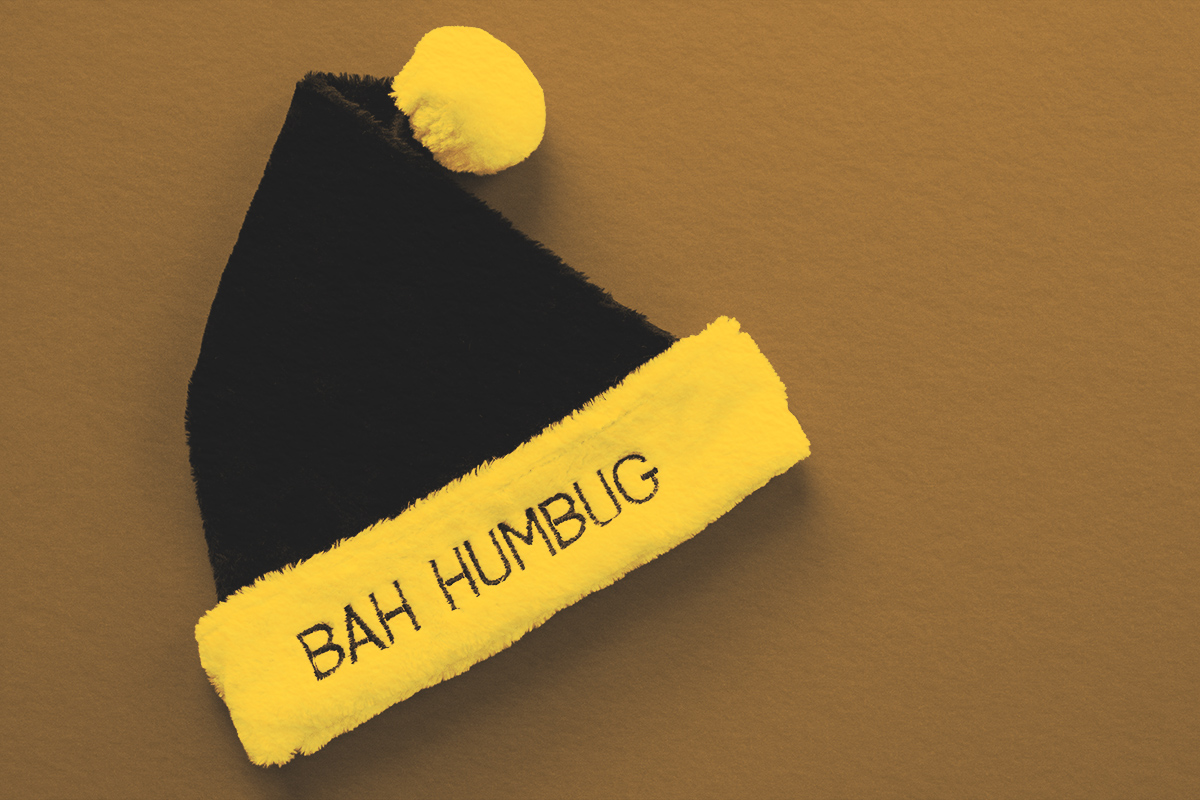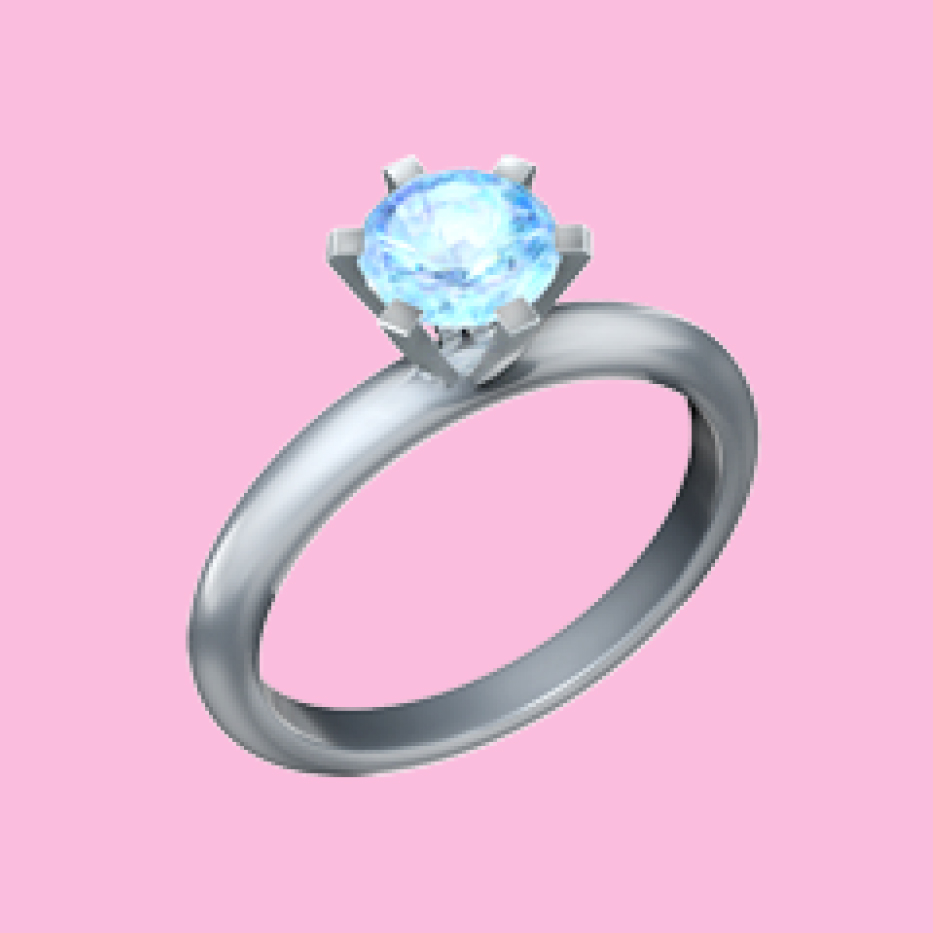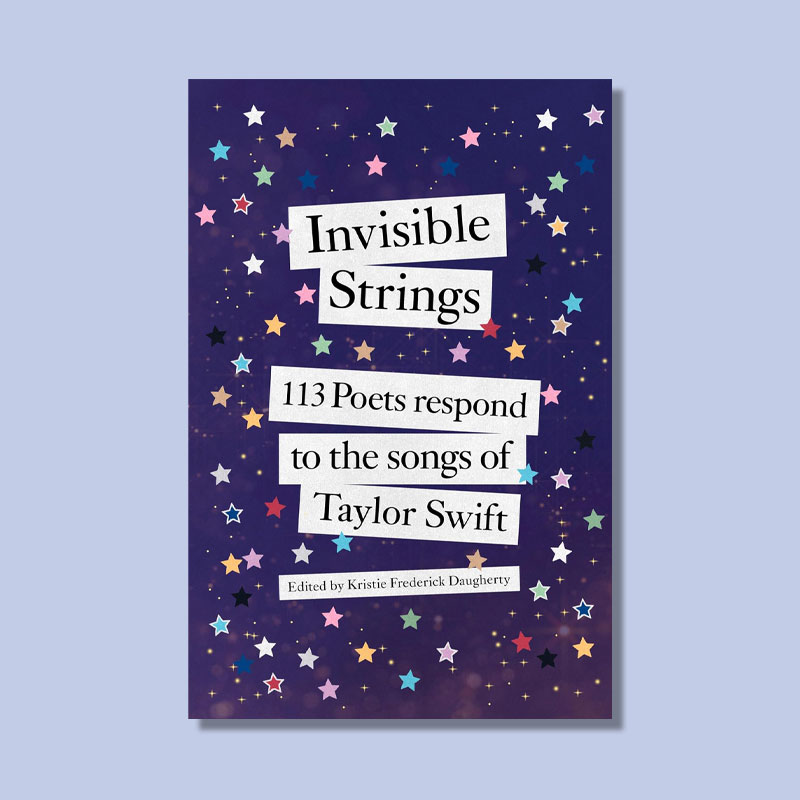Why do we say "Bah, humbug!"? | | We know Scrooge's famous "Bah, humbug!" from "A Christmas Carol," but the phrase meant something more nuanced than simple grumpiness in Dickens' time. | |  | Bennett Kleinman |
|
| |  | | M uch like we associate "D'oh!" with Homer Simpson or "Good grief!" with Charlie Brown, the exclamation "Bah, humbug!" is forever intertwined with Ebenezer Scrooge, the protagonist of Charles Dickens' 1843 novella A Christmas Carol. But the word "humbug" existed prior to the work of fiction in which it was popularized, and furthermore, Scrooge's grumpy message is often misinterpreted.
The word "bah" has been used since the early 19th century as "an expression of contempt or disagreement." But "humbug" was coined around 50 years earlier. (If you're doing the math, "humbug" was 1750s slang, "bah" was from the 1810s, and Dickens wrote A Christmas Carol in 1843.) "Humbug" originally meant "a hoax; a jesting or befooling trick," and was commonly used around that time to describe a sham or other misleading event.
When Scrooge shouts, "Bah, humbug!," you might think he holds feelings of hatred toward Christmas. While that could certainly be argued, his use of the word "humbug" in the mid-19th century suggests something far more specific. Scrooge is using "humbug" to imply that Christmas is a sham, where people are tricked into feeling cheerful and giving away their hard-earned money. He's using "humbug" not to express disdain, but rather to warn others that Christmas is a well-fabricated lie where people embrace false joy. If you're familiar with the story of A Christmas Carol (the Muppets' version is my favorite), you know that the ghosts of Christmas Past, Present, and Future bring around Old Ebenezer to change his beliefs and share in the joys of the Christmas season.
Outside of Dickens' Christmas tale, "humbug" was a favorite word of showman P.T. Barnum, one of the founders of the Barnum & Bailey Circus. In 1865, Barnum wrote Humbugs of the World — a book where he argued against those who criticized his circus as, well, humbug. Barnum said that the term "consists in putting on glittering appearances … to insure success." In essence, he was arguing that something can't be a sham if people get their money's worth. |
| | Continue reading | |  |
| |
| | Advertisers help keep Word Smarts free | |
Emoji Decoded | |  | | Ring | | | Meaning: Displays a diamond ring, most commonly associated with engagements.
Evolution: Originally part of the earliest emoji sets, the ring design varies across platforms but typically features a solitaire diamond gemstone and a platinum or white gold setting.
Usage: [Caption on an engagement photo:] She said yes! 💍✨ |
|
 | | Ring | | | Meaning: Displays a diamond ring, most commonly associated with engagements.
Evolution: Originally part of the earliest emoji sets, the ring design varies across platforms but typically features a solitaire diamond gemstone and a platinum or white gold setting.
Usage: [Caption on an engagement photo:] She said yes! 💍✨ |
|
| |
Have you read? | |  | | Invisible Strings | | By Kristie Frederick Daugherty | | One of the poets featured in this volume of Taylor Swift-inspired poetry explained part of her process: "In every language, the word that means 'poem' first meant 'song.'" The 113 poets here include Pulitzer Prize winners and finalists, NYT bestsellers, Instagram-famous poets, and names you should remember as they gain acclaim. Each poet was inspired by one specific Taylor Swift song, but we're not told which one. The challenge for the reader is to unlock the Swiftie code. | | | | Jennifer A. Freeman, Word Smarts Senior Editor | | | | We independently evaluate all recommended products and services. If you click on links we provide, we may receive compensation. |
|
 | | Invisible Strings | | By Kristie Frederick Daugherty | | One of the poets featured in this volume of Taylor Swift-inspired poetry explained part of her process: "In every language, the word that means 'poem' first meant 'song.'" The 113 poets here include Pulitzer Prize winners and finalists, NYT bestsellers, Instagram-famous poets, and names you should remember as they gain acclaim. Each poet was inspired by one specific Taylor Swift song, but we're not told which one. The challenge for the reader is to unlock the Swiftie code. | | | | Jennifer A. Freeman, Word Smarts Senior Editor | | | | We independently evaluate all recommended products and services. If you click on links we provide, we may receive compensation. |
|
| |
| | Advertisers help keep Word Smarts free | |
|

No comments:
Post a Comment